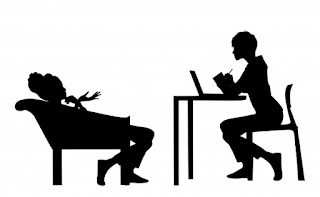My husband has a strong family history of epilepsy. His mother, his sister on one side, and his aunt, on the other side, all have forms of epilepsy. So when our daughter spent four years suffering from complex febrile seizures, we suspected epilepsy was involved. It took four years for a pediatric neurologist to take steps to perform an EEG finally, despite none of her seizures occurring outside of a fever. For four years, we held on to hope that perhaps they were just febrile seizures, knowing she had all three of the significant risk factors for epilepsy.
As prepared as we were, finding out definitively that she had epilepsy removed any of that hope. With the official diagnosis came medications, side effects, seizure action plans, and rules about what she could and could not do. It was overwhelming. As parents, we had to cope all while helping our daughter to understand and to cope with something going on in her brain.
Getting a Therapist Involved
The therapist sat our child down in front of a whiteboard and drew pictures of the brain. She explained neurochemicals to a 6-year-old in a way that we would not have been able to. She brought out a plastic model of a brain and allowed our daughter to take it apart and put it back together again. This therapist explained to our daughter that all people have differences, and despite those differences, medical or otherwise, everyone is unique and special. Epilepsy was part of what makes our daughter unique and special. In several therapy sessions, our daughter was empowered by what made her unique, and we had tools to use when asked questions about her "apple-epsy."
If you're struggling like we were with the diagnosis for you or your child, a counselor or therapist is a resource that you can tap in to and give yourself and your child the tools in their toolbox to cope with a frightening and confusing diagnosis.
Sometimes as parents, we don't have all the answers, and we are not able to best explain things to our children when we are scared and confused ourselves. Therapy has been an invaluable tool for our entire family, and it could be for yours too.
-Abby, Guest Blogger

No comments:
Post a Comment